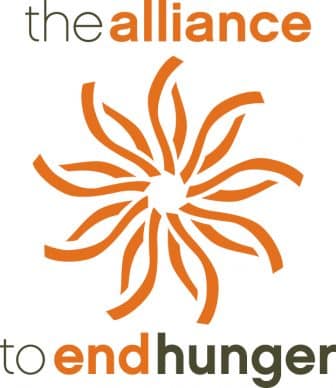The United Nations commemorates Human Rights Day on December 10th every calendar year. However, this year also happens to be the 70th anniversary of the Universal Declaration of Human Rights which is one of the most well-known international law documents in existence today. The Universal Declaration of Human Rights (UDHR) outlines the inalienable rights which every human being is inherently entitled to as a person – regardless of race, color, religion, sex, language, political or other opinion, national or social origin, property, birth or other identity status.
Having said that, we are still facing countless human rights catastrophes all over the world, many of which are disparately impacting millions of Muslims worldwide. From the ongoing genocide of Rohingya Muslims in Myanmar (which has displaced over 1 million refugees to neighboring Bangladesh) to the systematic ethnic cleansing of the Uighur Muslim minority population in neighboring China; there is sadly no shortage of human suffering on this 70th anniversary of the Universal Declaration of Human Rights. In the gulf state of Yemen, according to the United Nations – Â in the year 2017 alone- at least 150 children (under the age of 5) died every single day in Yemen due to lack of access to food & medicine (which equates to about 50,000 dead children that year alone during one of the worst humanitarian catastrophes of our time).
The continued wrath of natural disasters are also creating humanitarian crises which need to be addressed urgently as well. In September 2018, the SouthEast Asian country of Indonesia was struck with a 7.5-magnitude earthquake which created a massive tsunami with waves reported to have reached 20-feet-high and which was reported to have killed nearly 400 people in the Indonesian city of Palu alone.
Even in the West, the meteoric rise of Islamophobia & anti-Semitism is directly impacting the lives of millions of Muslim and Jewish people who seek to freely practice their religion without fear of repercussions. The concept of freedom of religion was first encapsulated in international law by the United Nations in 1948 in the Universal Declaration of Human Rights. Article 18 states quite clearly that “Everyone shall have the right to freedom of thought, conscience and religion.” This right shall include freedom to have a religion or whatever belief of his [or her] choice” without any fear of violence or retribution. The international community once again reiterated the importance of freedom of religion within Article 18 of the International Covenant on Civil and Political Rights treaty in 1966 as well.
Exactly 70 years ago, Eleanor Roosevelt played a leading role as the chairperson of the drafting committee of the Universal Declaration of Human Rights. Mrs. Roosevelt once famously said that “justice cannot be for one side, it must be for all sides.†As our global community commemorates the 70th anniversary of the UN Declaration of Human Rights, let us commit ourselves on this annual Human Rights Day to financially helping these disenfranchised people see a brighter future tomorrow.
Arsalan Iftikhar is an international human rights lawyer, founder of TheMuslimGuy.com and brand ambassador for Penny Appeal USA.









